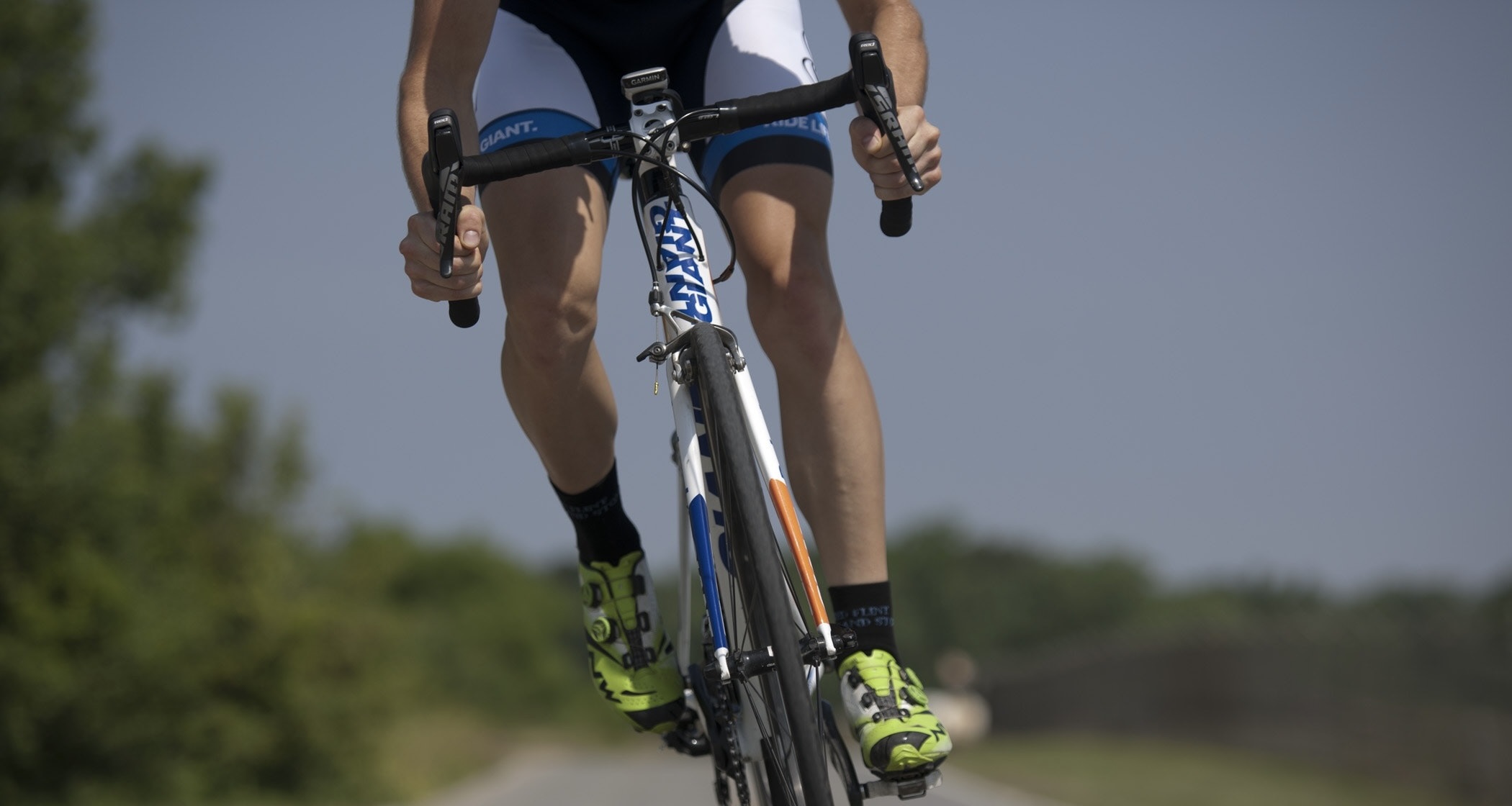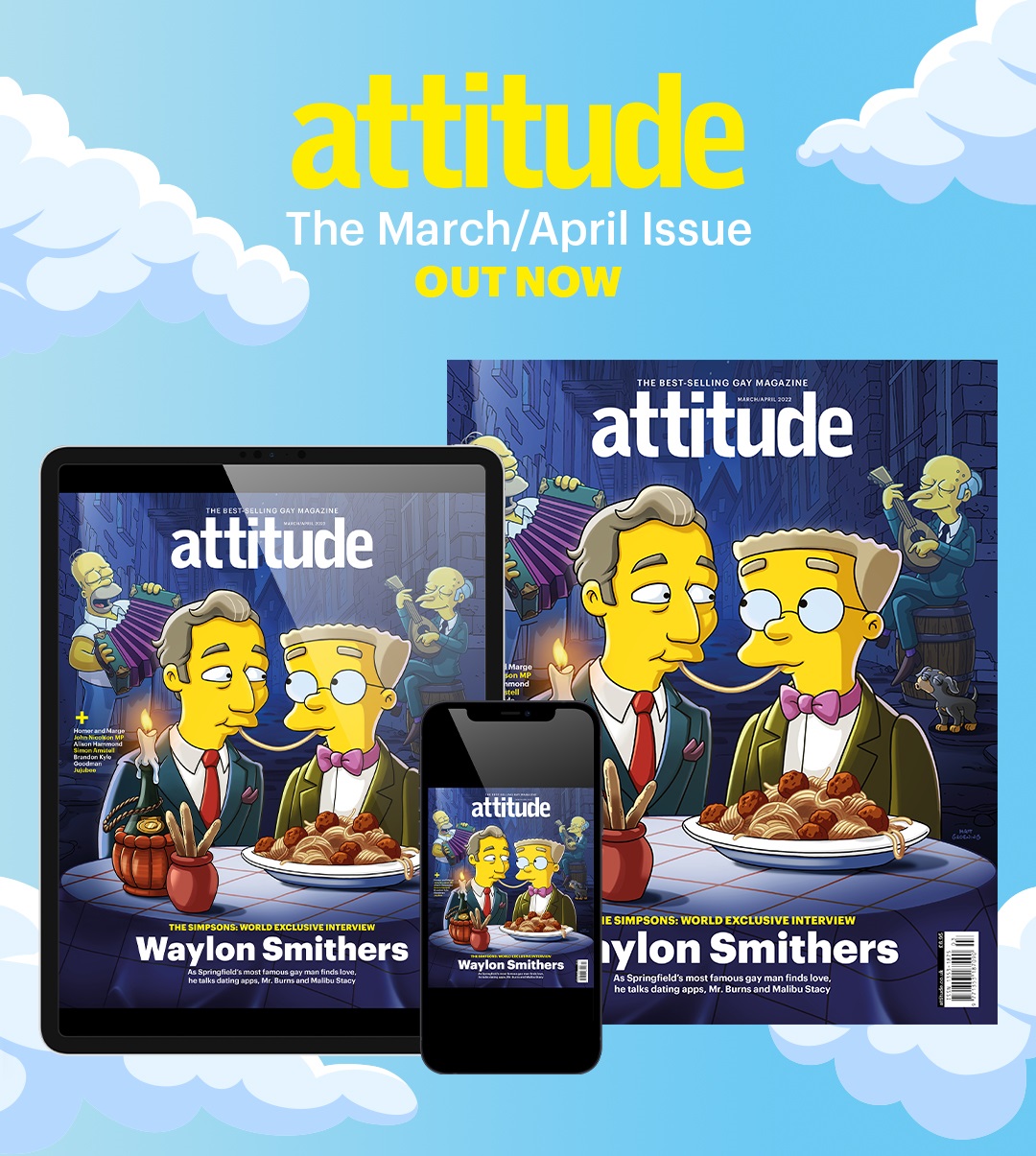British Cycling stops trans and non-binary athletes from competing pending a review
It follows the case of trans-cyclist Emily Bridges who was recently barred from a national competition.

Words: Alastair James; pictures: Pexels
Trans and non-binary athletes have been stopped from competing in national events due to British Cycling (BC) suspending its policy on their inclusion.
In a statement released on Friday (8 May) BC says it is conducting a “full review” of its policy.
It follows the case of the British cyclist Emily Bridges, who is trans and who was recently barred from competing in the National Omnium Championships after the sport’s world governing body, Union Cycliste Internationale, ruled she was ineligible.
“Harassed and demonised”
In their statement, BC recognises that the subject of inclusive sport is a “fast-moving area of sports policy and scientific research” and commits to frequent reviews of its policy on trans and non-binary inclusion.
“Due to the difference in the policies held by British Cycling and the UCI relating to the licensing process, it is currently possible for trans-female athletes to gain eligibility to race domestically while their cases remain pending with the UCI (or indeed in situations where they are deemed ineligible),” it goes on to say.
It continues: “This in turn allows those riders to accrue domestic ranking points which impact selection decisions for National Championship races, which is not only unprecedented in our sport, but is also unfair on all women riders and poses a challenge to the integrity of racing.”
It then reveals that on Wednesday (6 April) BC’s Board of Directors voted to suspend the policy pending “a full review”.
The review will involve BC speaking to women’s sports and trans and non-binary groups “as we strive to provide all within our sport with the clarity and understanding they deserve.”
BC says it remains committed to ensuring inclusive sport and that it will “work tirelessly to ensure that our sport remains free of hate, discrimination, and abuse in all forms”.
British Cycling statement | Transgender and Non-Binary Participation Policy: https://t.co/MmWRyGh1sh pic.twitter.com/kzt30T56eq
— British Cycling (@BritishCycling) April 8, 2022
It then says it has “enjoyed productive discussions” with other sporting organisations and governing bodies following its call for a coalition to discuss these issues together.
That call was made in the wake of Emily’s ordeal.
British Cycling stipulates that riders must have testosterone levels below five nanomoles per litre for a 12-month period prior to competition.
Bridges began hormone therapy last year and had achieved the necessary testosterone levels to take part in women’s events.
Speaking on the matter of her being barred from competing despite meeting the eligibility criteria the 21-year-old said she had been “harassed and demonised” by the media since the ruling.
Today’s news also follows comments by the Prime Minister, Boris Johnson, who said on Wednesday: “I don’t think biological males should be competing in female sporting events. Maybe that’s a controversial thing to say, but it just seems to me to be sensible.
“I also happen to think that women should have spaces – whether it’s in hospitals, prison, or changing rooms – which are dedicated to women. That’s as far as my thinking has developed on this issue.”
Attitude’s new-look March/April issue is out now.

